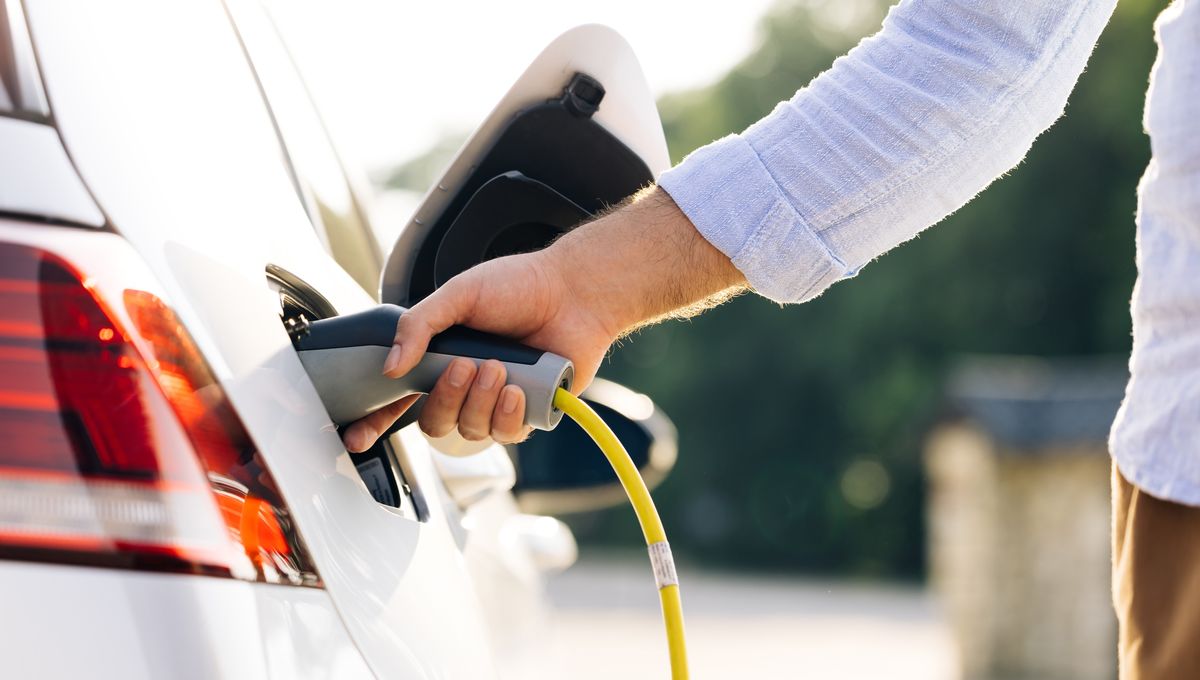
One of the concerns in the transition from petrol-based to electric vehicles (EVs) is range. How far can you go on a single charge? Researchers believe that they have a formulation that expands on traditional design massively. They claim they can push the average range of EVs beyond 1,000 kilometers (600 miles). The secret is silicon.
Silicon has been considered an intriguing element to combine with battery architectures due to its common availability worldwide. But silicon has the annoying property of expanding when it charges. Silicon elements can get three times as big during the charging process, before shrinking back down. You can imagine that wildly expanding battery elements are not best loved by engineers no matter the positives.
For exactly these reasons, silicon has been considered in batteries as nanoparticles, bringing forth a lot of advantages while reducing the disadvantages. However, new drawbacks surface since producing these nanoparticles is a much more complex process with much higher costs.
Researchers from Pohang University of Science and Technology in South Korea have decided to work on silicon particles about 1,000 times bigger, jumping from the nano to the micro scale. These are easier and cheaper to produce and have great energy density. The expansion is the main issue at this size but the team worked out how to deal with it.
They employed a gel polymer electrolyte that can be deformed in the charging process by the silicon changing size. But just dropping silicon particles in the gel would not cut it, the two need to be linked at a chemical level. For this reason, the gel-microparticle mix was irradiated with an electron beam. This created covalent links between the two that delivered better stability while taking care of the effects of the expansion.
The battery performances were stable and exhibited properties comparable to the standard lithium-ion batteries, with the advantage of an extra 40 percent improvement in energy density.
“We used a micro-silicon anode, yet we have a stable battery. This research brings us closer to a real high-energy-density lithium-ion battery system,” Professor Soojin Park said in a statement.
The team argues that the manufacturing process for such a battery is so straightforward that this approach is ready for immediate application. It would be interesting to see how this approach actually fares in a full-size battery system.
This work is published in the journal Advanced Science.
Source Link: Breakthrough Could Make Electric Cars Go 1,000 Kilometers On One Charge